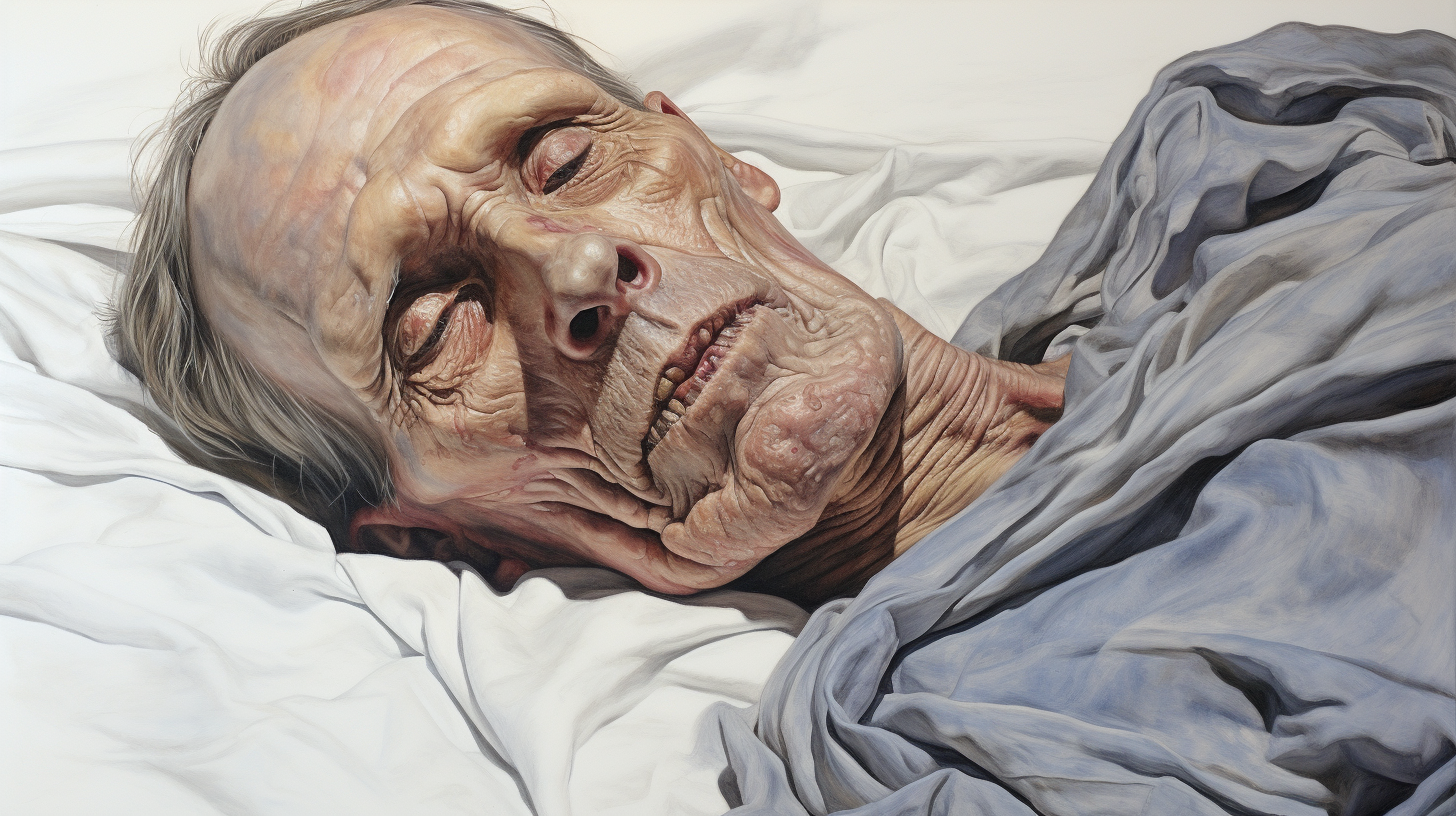What does dreaming about being dead mean?
Dreams about death can be unsettling, but they are more common than many realise. These dreams rarely indicate a literal fear of dying, but instead often carry symbolic meanings tied to personal growth, change, or emotional states. When you dream about being dead, it can signify the end of one phase of life and the beginning of another. This could relate to letting go of old habits, relationships, or ideas that no longer serve you.
Many psychologists believe such dreams reflect transformation. Death in a dream often represents the closing of a chapter, which, while it might seem frightening, is usually a necessary step for development. Rather than fearing the end, the dream suggests readiness for renewal or rebirth in some form.
Additionally, dreaming of being dead might express feelings of invisibility or emotional numbness. If someone feels overlooked or disconnected from their surroundings, the dream could be a manifestation of these inner experiences. It might be a subconscious way of exploring vulnerability or loss of control.
Sometimes, these dreams emerge during periods of significant stress or uncertainty. They can reveal deep anxieties about change or the unknown future. Although these dreams can evoke discomfort, they encourage reflection on what aspects of life require attention or transformation.
The meaning can also shift depending on your personal circumstances and emotional state. For some, it might indicate a desire to escape a troubling situation or the end of a relationship that has caused pain. For others, it might simply be the mind’s way of processing the concept of mortality and the natural cycles of life.
Overall, dreaming about being dead is less about death itself and more about endings and beginnings, emotional transitions, or a call to pay attention to what you may be avoiding or suppressing.
Common scenarios involving being dead and their meaning
There are several common dream scenarios where death appears, each with its own distinct interpretation. For instance, some people dream about witnessing their own funeral. This can be a powerful image of self-reflection. It often suggests that you are considering how others perceive you or contemplating the legacy you want to leave behind. It might also indicate an internal recognition that something within you is coming to a close.
Another frequent dream is seeing yourself as a corpse or lying in a coffin. This scenario can be linked to feelings of helplessness or stagnation. It may reflect a phase where you feel stuck or unable to move forward in life. At the same time, it can be a metaphor for profound transformation, where the old self is ‘laid to rest’ to make way for growth.
Some dreams involve encounters with deceased loved ones. These can provide comfort or guidance, acting as emotional closures or messages from the subconscious. Such dreams might signify that you are processing grief or unresolved feelings related to the person who has passed.
Dreams where others die, but you remain alive, might point to changes in your relationships or social circles. This could mean the end of a friendship or the loss of a familiar dynamic. Sometimes, these dreams help prepare you emotionally for upcoming changes in your life.
Another common theme is dreaming of being chased or threatened by death. This scenario usually represents anxiety or fear about something in waking life. It might not be about physical death, but rather fears of failure, rejection, or major upheavals. These dreams urge you to face your fears rather than avoid them.
It is important to remember that the emotional tone of the dream is crucial. If the dream feels peaceful or liberating, it often points to acceptance and readiness for change. If it feels disturbing or frightening, it may highlight areas of stress or resistance in your life.
Each scenario, though unique, connects to themes of transformation, emotional processing, and confronting change. By examining the details and emotions in your dreams, you can uncover insights into your subconscious mind and personal growth.
What is the spiritual meaning?
From a spiritual perspective, dreaming about death carries deep significance. Many traditions view death not as an end, but as a transition or passage to a new state of being. Dreaming of death can symbolize the shedding of an old identity or the breaking away from attachments that limit spiritual development.
In this context, such dreams might signal that your soul is preparing for an awakening or that you are moving towards higher consciousness. Death dreams can encourage you to release fear and embrace transformation as a natural part of life’s journey.
Spiritual interpretations often emphasize the concept of rebirth. Just as the physical body dies, the spirit can be renewed and revitalised. This process involves letting go of ego, illusions, or material concerns to connect more deeply with your true self.
Many spiritual teachings suggest that dreaming about death is a message to confront inner truths. It can invite you to explore the deeper meaning of existence and to trust in the cycle of life, death, and renewal.
Moreover, some people interpret these dreams as communications from the divine or guides, offering reassurance that transitions, even difficult ones, are part of a larger, purposeful plan. This perspective encourages embracing change with faith rather than fear.
Such dreams also remind us of our mortality and the preciousness of life. They prompt reflection on what truly matters and inspire living with greater intention and compassion.
In spiritual circles, keeping an open mind about these dreams is vital. They can be tools for growth, healing, and connecting with the mysteries beyond the physical world.
The importance of recording your dreams
Recording your dreams is a simple yet powerful practice. Writing them down soon after waking helps preserve details that fade quickly from memory. This habit can deepen your understanding of recurring themes and emotional patterns.
By keeping a dream journal, you create a valuable record that reveals insights over time. It allows you to notice changes in your subconscious mind and track personal growth or challenges.
Dreams are often rich in symbolism and can offer guidance when interpreted carefully. Recording them encourages mindfulness and self-awareness, connecting you with your inner world in a meaningful way.
This practice also supports mental health by helping you process emotions and reduce anxiety. Reflecting on dreams can lead to greater clarity and problem-solving in waking life.
In essence, writing down your dreams is a bridge between your unconscious and conscious mind, fostering a stronger relationship with yourself and your experiences.



